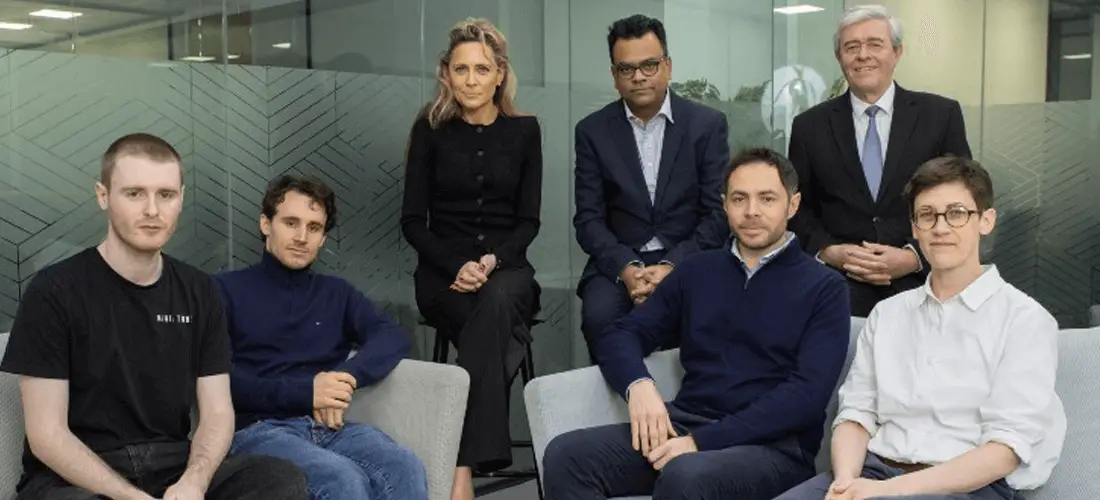
Stanhope AI Raises £2.3Million! Tech Empowers Machines for Human Decisions
Even though GenAI models like ChatGPT are making progress in many areas, their use cases are still limited by their frequent errors. With the help of a novel AI technique that trains machines to make decisions in the real world that resemble those of humans, London-based Stanhope AI hopes to address this.
The UCL Technology Fund led the £2.3 million seed funding round for the startup. Leading angel investors, Moonfire Ventures, Rockmount Capital, MMC Ventures (which backed Vitrue Health and BotGuard OÜ), and Creator Fund also took part.
Stanhope AI plans to utilise the investment to advance the development of its agentic AI models and the real-world implementation of its research.
Unlocking Agentic AI: The Game-Changing Differences Revealed
Dr. Biswa Sengupta, Director Karl Friston, Professor Rosalyn Moran, and other experts in neuroscience and AI research founded Stanhope AI as a spinout from University College London with assistance from UCL Business.
Stanhope AI is at the forefront of a new generation of AI technology known as agentic AI, which is achieved through the application of mathematics and neuroscience principles. Compared to the conventional machine learning techniques used to train today’s AI systems, like LLMs, this is significantly different. The models of today are limited to the domains of their training and are only capable of approximating outcomes from the available data. They are not mobile learners. To train and operate, they need enormous amounts of seen data in addition to tremendous amounts of processing power and energy.
The Active Inference models from Stanhope AI are self-contained and continuously update and improve their forecasts. By reducing uncertainty, the possibility of hallucinations regarding the AI’s perception of reality is eliminated, allowing Stanhope’s model to make decisions that are similar to those of a human. These models can function on tiny devices like drones by lowering the size and energy needed to run the machines.
Stanhope AI Breakthrough: Unveiling Real World Impact of Its Model
Currently, partners like Germany’s Federal Agency for Disruptive Innovation and the Royal Navy are using the technology to test autonomous machines and delivery drones. Long-term applications of the technology include embodied AI, industrial robotics, and manufacturing.
Our goal at Stanhope AI is to close the gap between neuroscience and artificial intelligence by developing a new generation of AI systems that have human-like abilities to think, adapt, and make decisions. Professor Rosalyn Moran is the CEO and co-founder of the company. We think this technology will revolutionise AI and robotics capabilities and increase their influence in practical applications. We have faith in the numbers, and we’re happy to have investors like UCL Technology Fund on board who are well-versed in the science underlying this technology. Their assistance will be invaluable as we work to transform AI technology.
While AI startups are among the most popular investment opportunities at the moment, few have the calibre and in-depth scientific and technical know-how of the Stanhope AI team, according to David Grimm, Partner, UCL Technology Fund. This exemplifies their distinct methodology, which blends sophisticated AI with insights from neuroscience and offers a ground-breaking chance to progress the field and tackle some of the most difficult AI-related issues of the day. We are eager to see what this group accomplishes.
“The promise offered by Stanhope AI’s approach to Artificial Intelligence is hugely exciting, providing hope for powerful yet energy-light models,” stated Marina Santilli, Associate Director, and UCL Business. UCLB is happy to have been able to assist in the founding of a business that leverages the Free Energy Principle, which was developed over decades of basic research at UCL under the direction of Professor Friston.


